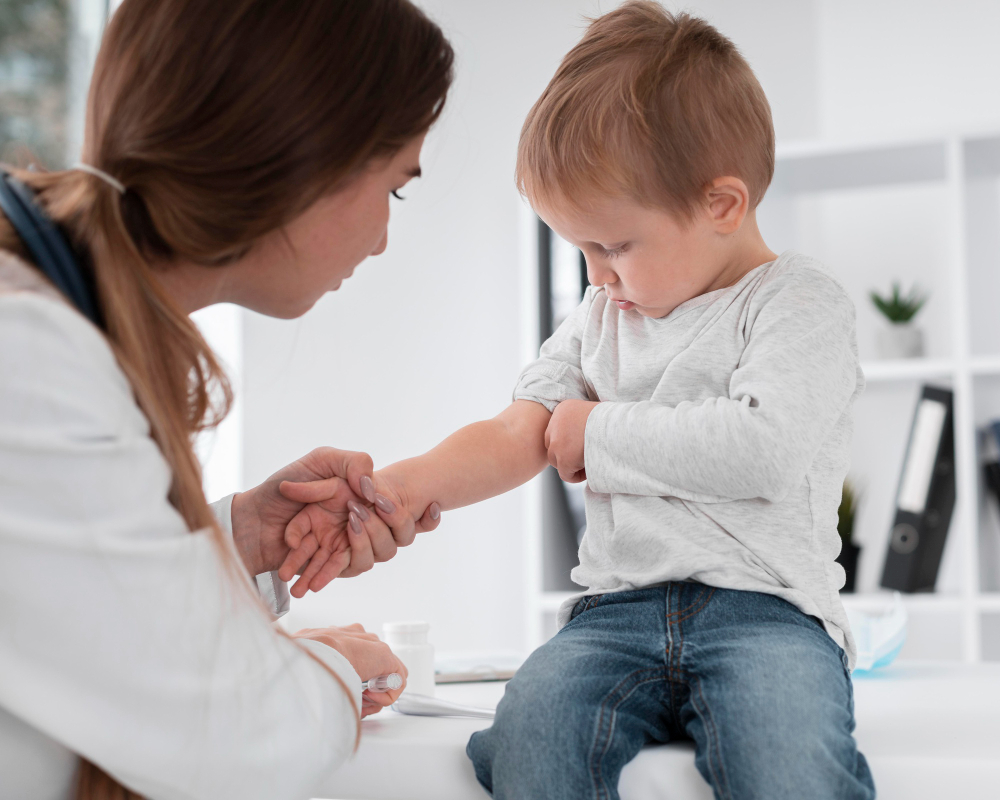What is happening with acute hepatitis cases among children?

The report started in the United Kingdom but has now also been identified in Italy. Cases of acute hepatitis among children have alerted the Ministry of Health which, together with the European authorities, is monitoring the situation. All the details
The mysterious acute hepatitis that has affected dozens of children in Europe and the United States has also been identified in Italy. The cases are increasing, but the causes remain unknown. However, for some experts, a virus is the number one suspect.
CASES IN EUROPE AND THE UNITED STATES
In a report dated 19 April, the European Center for Disease Prevention and Control (ECDC) says that acute pediatric hepatitis of unknown origin, first reported by the UK, has affected an unspecified number of children also in Denmark, Ireland, the Netherlands and Spain.
To which are added another 9 cases in children from 1 to 6 years in Alabama.
CASES IN ITALY
Yesterday, at least four suspected cases in children under the age of 10, hospitalized in centers that treat liver diseases, were also reported in Italy.
Hospitals with special hepatitis wards shared their data and the Ministry of Health asked to be informed of any cases.
WHY WORRY
There is concern because it is a particularly aggressive and unknown form of hepatitis which, writes Repubblica , "in one case out of ten would even lead to transplantation".
It is no coincidence that it was in the "non A-non E" group, that is, it does not fall within the most common and better known forms such as A, B, C, D and E.
As explained to the Roman newspaper Giuseppe Indolfi, hepatologist of the Meyer of Florence, consultant to the World Health Organization (WHO) for viral hepatitis and head of the liver area of the European Society of Gastroenterology, "the attention of clinicians was attracted from the fact that in one case a transplant was required, which demonstrates the violence of the pathology ".
But given that a total of six transplants were needed, at European level it was decided to investigate to understand first of all if and how much the incidence is higher.
THE CAUSES
The ECDC report states that investigations are underway in all countries reporting cases, but at the moment the exact cause remains unknown.
The United Kingdom, where the largest number of cases have occurred so far, believes that an infectious cause is the most likely based on the clinical and epidemiological characteristics of the cases under investigation.
"No connection with the Covid-19 vaccine has been identified – specifies the ECDC – and the detailed information collected through a questionnaire on food, drink and personal habits have not been able to identify any common exposure".
In an interview with Repubblica , Professor Giuseppe Maggiore, head of Hepatogastroenterology and nutrition of the Infant Jesus in Rome, said that it is "a mystery" but a "virus is the main hypothesis".
A LINK WITH COVID?
A link with Covid has also been hypothesized as some children were positive, however, several experts rule it out.
“If we look at the first patients – said Indolfi – we know that some had Covid. But at this moment the circulation of the coronavirus is very high, so it is easy to find patients with different pathologies who have it. In addition, half of the cases had adenovirus, which is very widespread and hardly causes violent forms of disease such as this type of hepatitis. So it seems difficult that that is the cause ".
Maggiore also excludes a link with Covid and urges to avoid any link with the vaccine which, administered to patients with severe or autoimmune liver diseases, and even liver transplant patients, has never caused adverse events or side effects .
SYMPTOMS
According to the ECDC report, children with acute hepatitis reported from the UK had higher levels of liver enzymes and in many cases were jaundiced. Some have reported gastrointestinal symptoms, including abdominal pain, diarrhea, and vomiting in the preceding weeks. Most of the patients had no fever.
This is a machine translation from Italian language of a post published on Start Magazine at the URL https://www.startmag.it/sanita/cosa-sta-succedendo-con-i-casi-di-epatite-acuta-tra-i-bambini/ on Thu, 21 Apr 2022 09:17:23 +0000.
